Religion
In this section religions, religious belief and many elements of religiosity are explored and discussed. Early pagan beliefs in Britain and Ireland to the worship of gods across Europe are explored as are the religious changes that monotheism introduced. How religion affects themes of power, individuality and architecture are debated as are key historical movements such as the Reformation and the crusades.
Sort by:
Date (Newest first) | Title A-Z
Show:
All |
Articles |
Podcasts |
Multipage Articles
-

The 1620 Mayflower voyage and the English settlement of North America
ArticleClick to view -
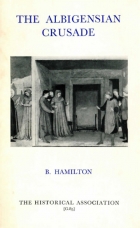
The Albigensian Crusade
ArticleClick to view -
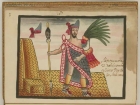
The Aztec Empire: a surprise ending?
ArticleClick to view -
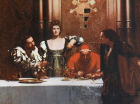
The Borgia: from fact to fiction
ArticleClick to view -
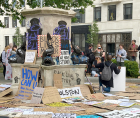
The British Empire on trial
ArticleClick to view -

The Byzantine Empire on the Eve of the Crusades
ArticleClick to view -

The Christian Kingdoms of Nubia and Ethiopia
ArticleClick to view -
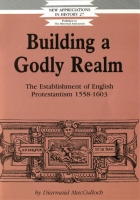
The Establishment of English Protestantism 1558-1608
ArticleClick to view -
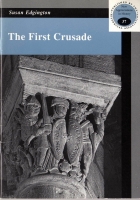
The First Crusade
ArticleClick to view -
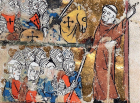
The First Crusade, 1095–99
ArticleClick to view -
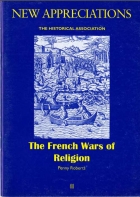
The French Wars of Religion
ArticleClick to view -
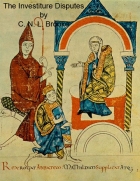
The Investiture Disputes
ArticleClick to view -

The Jews of Medieval England
ArticleClick to view -
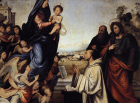
The Memory of a Saint: Managing the legacy of St Bernard of Clairvaux
ArticleClick to view -

The Miraculous Crusade: The Role of the Mystical and Miraculous in the Morale and Motivation of the First Crusade
ArticleClick to view -
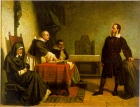
The New History of the Spanish Inquisition
ArticleClick to view -
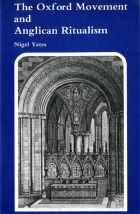
The Oxford Movement and Anglican Ritualism
ArticleClick to view -

The Venerable Bede: recent research
ArticleClick to view -
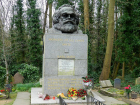
The burial dilemma
ArticleClick to view -
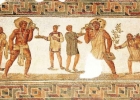
The end of the Roman Empire
ArticleClick to view

